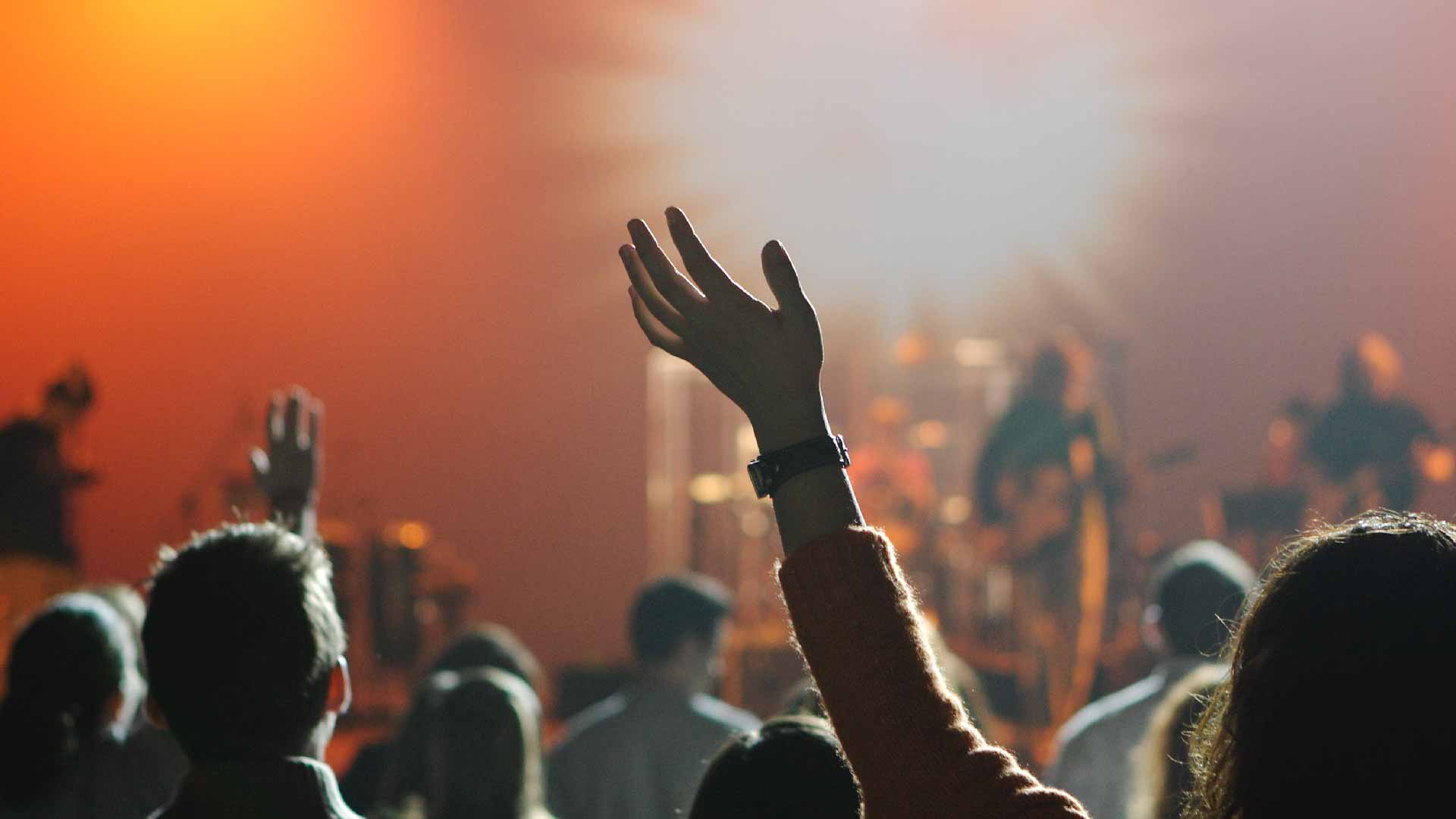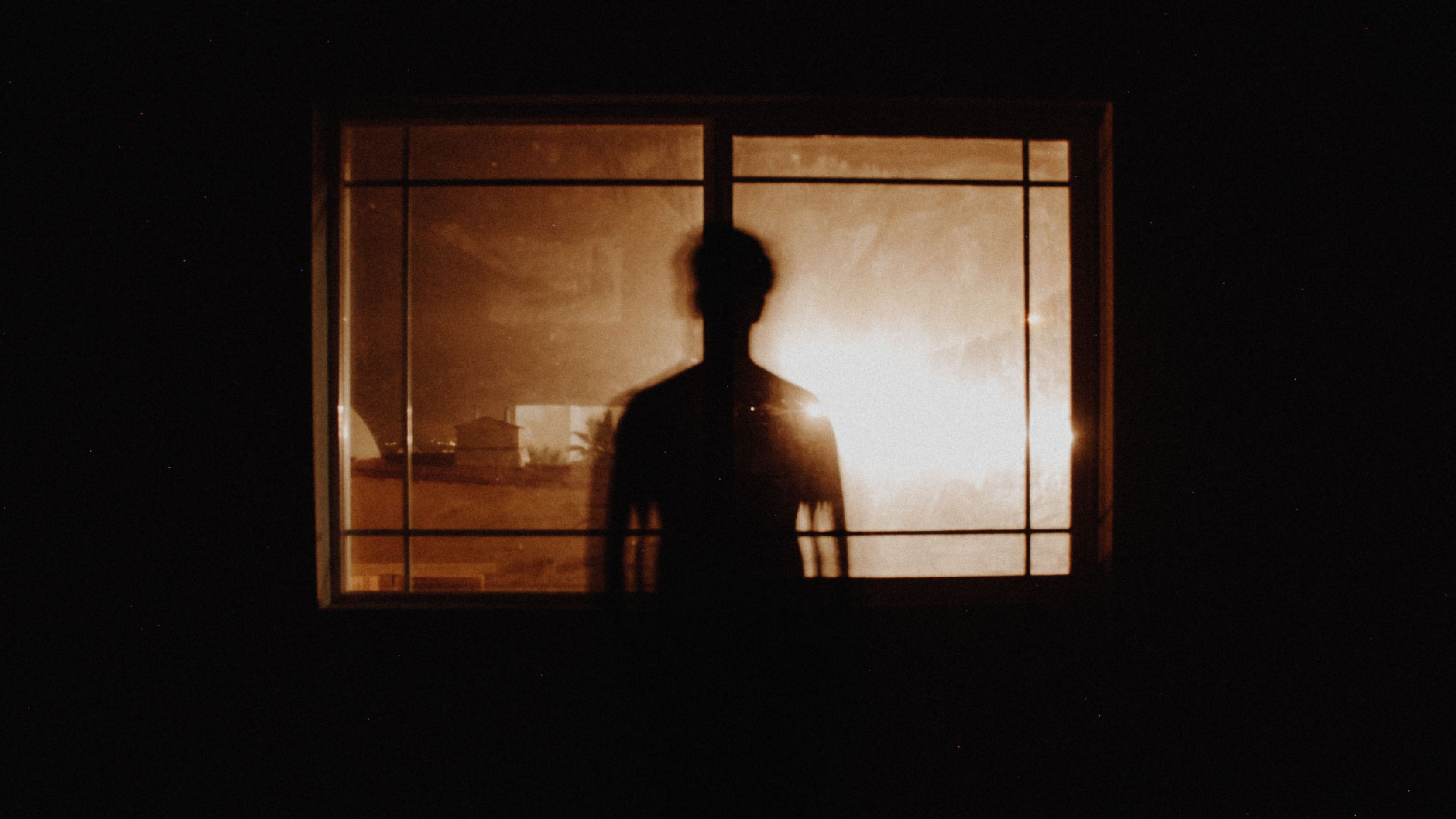In 2019, a large-scale survey by Pew Research Center done in 35 countries found that actively religious people (people who identify with religion and attend worship services at least monthly) are more likely to say that they were “very happy” and more engaged in community life (more likely to belong to at least one non-religious organization). Studies done among Israeli Jews, Muslim college students, and Mexican Americans among others, have found positive correlations between greater religiosity/religious attendance and better subjective Quality of Life and/or reduction in depressive symptoms.
The question ‘how much of these benefits come from religious beliefs/activities as opposed to the social connectedness fostered by religious rituals?’ remains to be answered. But, huge strides have now been made in understanding the physiological mechanisms through which rituals foster social bonding. A study published recently by S J Charles et al. looked at the role of endorphins (a type of hormone) in social bonding during rituals.
The ‘mu-opioid endorphin system’, consisting of endorphins and their receptors has been implicated in the formation of social bonds with other individuals and to the group as a whole in humans and other primates. The researchers hypothesized that blocking these receptors with an antagonist would reduce the effects of endorphins released during rituals and thereby reduce social bonding.
Two double-blind experiments were done to test this. One experiment (N = 9) was done in a group of yoga practitioners (“yoga satisfies the definition of a religious ritual”) and the other, (N = 24) in participants of Umbanda ritual (Umbanda is an Afro-Brazilian religion – a mix of African Spiritualism and Roman Catholicism). In both experiments, the participants were divided into two groups. One group was given Naltrexone, an opioid antagonist, and the other, a placebo.
The participants rated their sense of connectedness with people around them before and after the ritual through questionnaires. Researchers found that compared to participants who took the placebo, participants who took the opioid antagonist experienced lower levels of social bonding as a result of the ritual.
The study is the first to provide evidence for the role of a hormone in fostering social connectedness and it did so in two different cultures. The authors opined that other hormones like oxytocin and dopamine may also play a role in social bonding. Read more about the study here.








